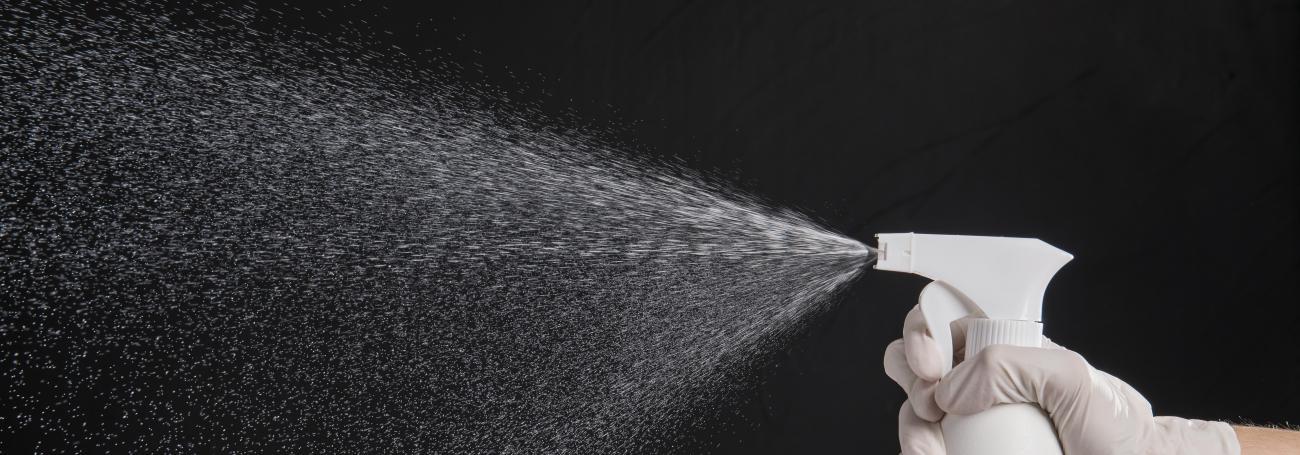
The Covid-19 crisis and the consequent repressive measures to contain it, have increased
certain violent behaviours (e.g. domestic violence, hate crime), created new forms of crimes and deviances (e.g. youth not complying to social distancing regulations) and deepened existing inequalities and polarisation (by scapegoating and dehumanising marginalised people and populations at risk). The combination of economic and social tensions caused by the pandemic, as well as confinement and other restrictions, have significantly complicated and aggravated the level of stress, anxiety and conflicts between family members, neighbours and citizens.
In light of these actual dangers, what are the new forms of crime and violence that emerged during this period and what can the restorative justice community do to support a peaceful coexistence? What can we learn from restorative practitioners who already work on cases of hate crime and polarisation?
Contributors:
- Lucy Jaffe/ Tehmina Kazi (UK) - reflection on the positives of the lockdown which might lead to a reduction in violence and hate (e.g. mutual aid groups, more time to connect)
- Miriam Attias (Finland) - reflection on the potential of restorative justice in cases of hate crime, othering and polarisation
Registrations to this webinar are open. The day before the event, you will receive an email with the link to the webinar.

